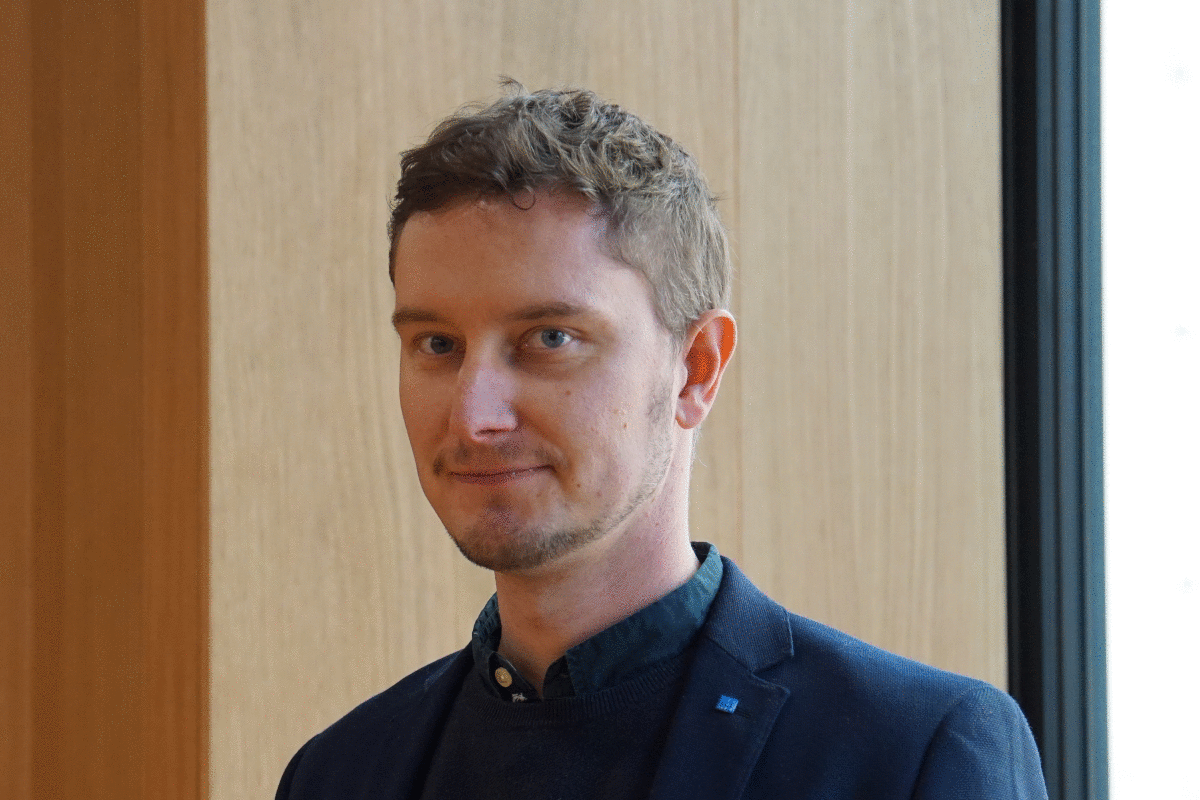-
Université de Genève
Geneva, Switzerland
-
Aalborg Universitet
Aalborg, Denmark
-
Universidade de Aveiro
Aveiro, Portugal
-
Swiss Academies of Arts and Sciences
Bern, Switzerland
-
Stiftung Science et Cité
Bern, Switzerland
-
EuroScitizen
Bern, Switzerland
-
CARRTEL: Centre Alpin de Recherche sur les Réseaux Trophiques et Écosystèmes Limniques
Thonon les Bains, France
-
La Fondation La Maison de la Rivière
Tolochenaz, Switzerland
-
Association pour la Sauvegarde du Léman
Geneva, Switzerland
-
Fédération Internationale des Pêcheurs Amateurs du Léman
Thonon les Bains, France
| Division: | Teaching and Learning Research in Non-formal Education |
| Duration: | 01/2021 – 12/2024 |
| Funding: | Swiss National Science Foundation; Stiftung Mercator Schweiz |
Project description
Scientifically literate citizens are crucial for democratic societies. Governments rely on such citizens to make informed decisions in key policy areas to achieve important global goals such as the Paris Agreement on climate change or the UN Sustainable Development Goals (SDGs). Citizen science – the participation of non-professional scientists in research – is increasingly seen as a tool for addressing global challenges and advancing the understanding of science. Yet there is a lack of information on how Citizen Science projects should be designed and implemented to maximise their effects on science and society.
This project will develop and implement a particularly ambitious approach to Citizen Science: a co-created project. Instead of limiting the task for citizens to data collection, co-created projects involve them in every step of the research process. They integrate the perspectives and knowledge of the public in the formulation of scientific questions and methods. This values the specific knowledge relevant to the science of certain social groups that are not traditionally involved in the scientific process, and new insights are gained that can improve the social relevance of science. In this way, co-created projects provide a valuable opportunity to improve public understanding of the nature of science, thereby increasing citizens’ scientific literacy and engagement with science. Although co-creation is a key new component of Horizon Europe, there is little data on how effective such an approach can be. We plan to test the value to science and society of a citizen-co-created science project.
In this project, recreational fishermen and scientists will design and run a citizen science project on trout evolution together, forming a research partnership. The fishermen will be involved in all parts of the research process, from hypothesis generation to joint dissemination. We will use appropriate measurement tools to assess the value to both the public and the scientists themselves and to measure scientific output in terms of publications and data generated. We expect CoFish to lead to a rich co-learning experience that will improve the sustainability of trout fisheries in Switzerland and ultimately strengthen the trust between science and society.
![[Translate to English:] Projektlogo Co-Fish](https://www.iew.uni-hannover.de/fileadmin/_processed_/9/5/csm_logoco-fish_f934ec213e.png)
![[Translate to English:] Projektlogo Co-Fish](https://www.iew.uni-hannover.de/fileadmin/_processed_/9/5/csm_logoco-fish_caf77dbeb9.png)
![[Translate to English:] Projektlogo Co-Fish](https://www.iew.uni-hannover.de/fileadmin/iew/Dateien_Arbeitsbereich_Bruckermann/Projektlogos/logoco-fish.png)
Cooperations
Contact (at LUH)

 © Louisa Weinhold
© Louisa Weinhold
30167 Hannover

 © Louisa Weinhold
© Louisa Weinhold
